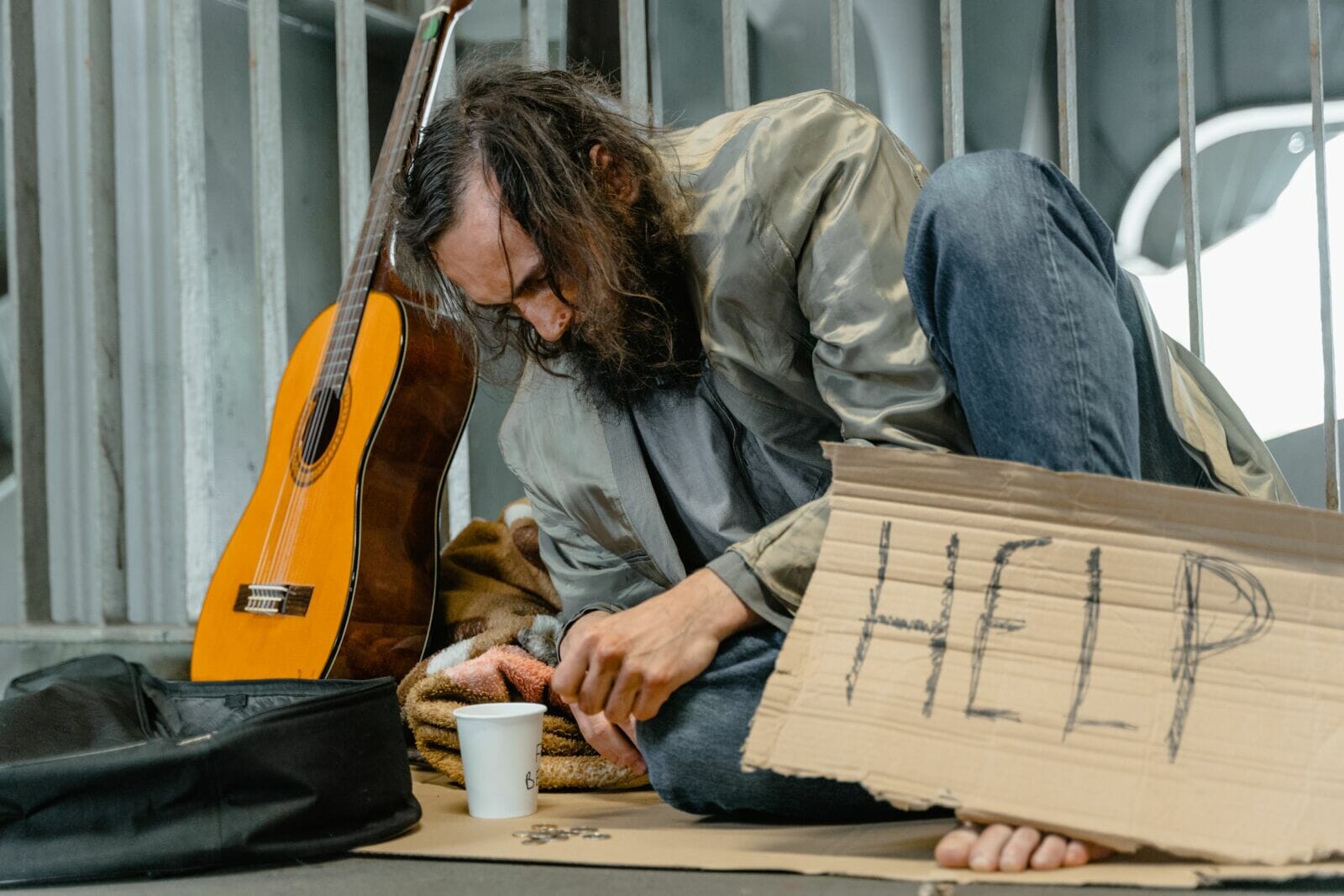A state bill addressing homelessness made headway March 22 when it passed by a vote of 10-1 out of the Appropriations Committee of the Arizona House, providing cities an interim solution to an ongoing problem. Senate Bill 1581 would allocate $50 million from the American Rescue Plan Act to cities across the state to set up sanctioned homeless encampments and create homeless outreach teams to overlook the facilities.
The bill will now go to the House floor for a vote, but not without additional amendments being added by the bill’s sponsor, Sen. David Livingston.
Livingston, along with Judge Glock, the Cicero Institute’s (senior director of policy and research) co-author of the bill, Lisa Glow, CEO of Central Arizona Shelter Services, and members of the community have been working on revising the bill to provide a temporary solution to a long-term problem.
READ ALSO: Tempe unveils Jenny’s Trailer to help cool those who are homeless
One of the bill’s main components is to help cities alleviate the problems they face managing homelessness.
Livingston said the bill’s goal is to provide a safe place for the homeless to go.
“Initially, the goal is to get them off the street and into a safe environment, so they have an opportunity to live and move on. This is not an easy solution to homelessness,” Livingston said. “There is no one way of doing it, and the bill is structured in such a way that each city that applies for one of these grants would do it a little differently.”
Glow, who supports SB1581, said the bill would allow municipalities to decide how they want to create structured camping sites for homelessness.
“Neighborhoods who are here to testify are overrun, as are businesses. We want to turn Arizona around, and with this bill, you can do that,” Glow said.
The point, Glow said, is to get people who don’t have water, toilets, and other facilities into better places until they are able to find a more permanent home.
Numerous residents attended the hearing to voice their concern over the growing homeless problem in their neighborhoods, but the hearing was limited to just a handful of people who were allowed to speak.
One resident and leader of her community, Angela Ojile, who was not allowed to testify, said after hearing she was upset that she was not able to speak to committee members.
Ojile has a design studio in the heart of downtown Phoenix across from Andre House, a ministry to the homeless and poor population of the Phoenix area, which is located at 11th Avenue and West Jackson Street.
She said the city of Phoenix has shattered her opportunities to grow her business.
“One thing nobody is talking about is how does it (homelessness) affect neighborhoods, and we are hoping that this would affect neighborhoods in the sense that it gives people a place to go and an option, a safe option,” Ojile said.
Phoenix resident Morgan Sailor said the number of homeless people in her neighborhood has increased, but nothing has been done about it.
“I feel like the city is failing us and especially (in) low-income neighborhoods,” Sailor said.
Some even urged legislators to rethink approving the bill.
“Neighborhoods who are here to testify are overrun, as are businesses. We want to turn Arizona around, and with this bill, you can do that,” Glow said.
Richard Crews, director of programs for the Human Services Campus, testified against allowing municipalities to build structured homeless encampments.
“If people are forced to go to an encampment, then essentially we are rounding people up. You can pretty it up however you want to. But when people do not have a choice, that is forced migration,” Crews said. “That’s forced displacement, and where you have forced displacement, that is not something we want to be a part of.”
The Human Services Campus, located at 12th Avenue and Madison Street in Phoenix, is a collaborative of 16 partner organizations with the shared outcome of ending homelessness.
The Campus opened a mobile “Sprung Structure” called Respiro, meaning respite, on March 25.
Crews said the shelter was created to ensure people had a choice whether they wanted to continue to live on streets or the opportunity to live in a shelter.
“This Friday, March 25, we are slated to open a new shelter on the corner of Ninth Avenue and Jackson Street. That will begin to meet the need. However, there are currently 970 individuals experiencing homelessness in the area that is known as ‘The Zone,’” Crews said. “It’s only going to put a pin drop in that large issue.”
Residents and businesses agreed homelessness is a humanitarian crisis that needs to be addressed by the city.
“We will always and still continue to fight for everybody who is impacted. And not just kind of see things one-sided because there are so many different elements that have this chain reaction that are affected,” said, Chelsea Friday, a resident who lives in the area of 36th Street and East Thomas Road.




